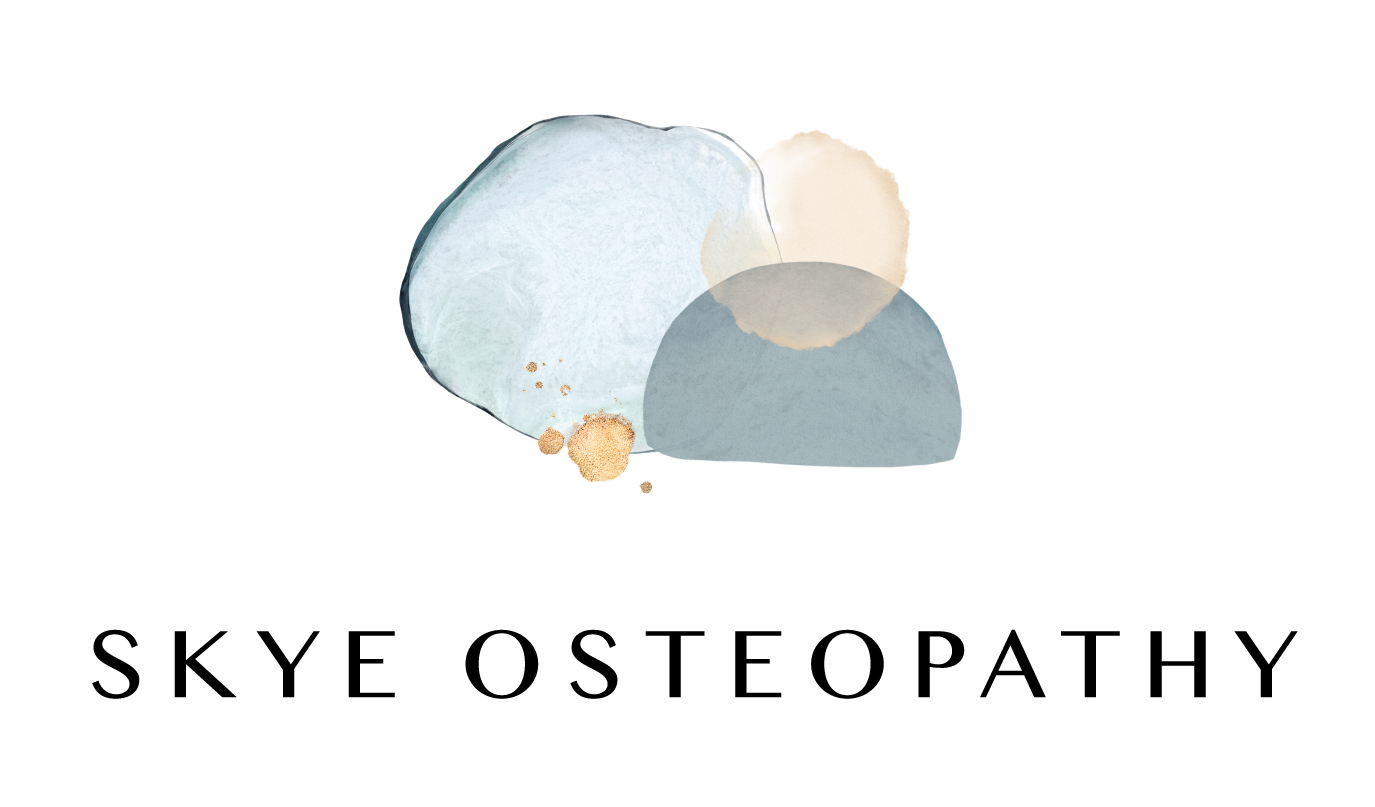Pain Treatment in Bunbury
Pain management is a key focus area for all osteopaths. Persistent pain can be caused by scarring or damage to nerves, the way the brain works, patient beliefs/coping, and some health conditions.
Pain is classified as either acute or persistent.
Pain experienced after an injury is known as acute pain, and is defined as lasting up to 3 months.
Persistent pain, otherwise called 'chronic pain,' lasts for more than three months.
Persistent pain can reduce attendance at work or education and participation in daily activities.
Persistent pain is also a leading cause for depression, poor mental health and wellbeing.
All osteopaths manage pain occurring straight after a physical injury to the body and longer term persistent pain. Osteopaths might test to see if your pain comes from the muscles, joints or ligaments, a problem in the nerves, or other issues which have changed the way the brain interprets pain.
What might a pain management assessment involve?Assessments of causes for pain or what is influencing pain.
Discussion about tests done by other health professionals and what they have said about the pain.
Gathering information from you about when your pain gets better or worse. This might involve talking about emotions, life stresses and what you are thinking or feeling when pain levels change.
Clinical nerve tests, movement tests, joint tests, and patient questionnaires might also be used.
Osteopaths design pain management plans and give advice on steps a patient might take to relieve pain.
An osteopath might discuss past strategies and treatments used for pain relief and how these strategies helped or not.
An osteopath might give education on how to move or position the body to relieve or avoid pain.
An osteopath might also suggest activities for when your pain gets worse. This can include diversion (distraction activities) or exercises to strengthen or train parts of the body to cope with pain at home or work.
An osteopath may also recommend manual therapies for pain relief.
